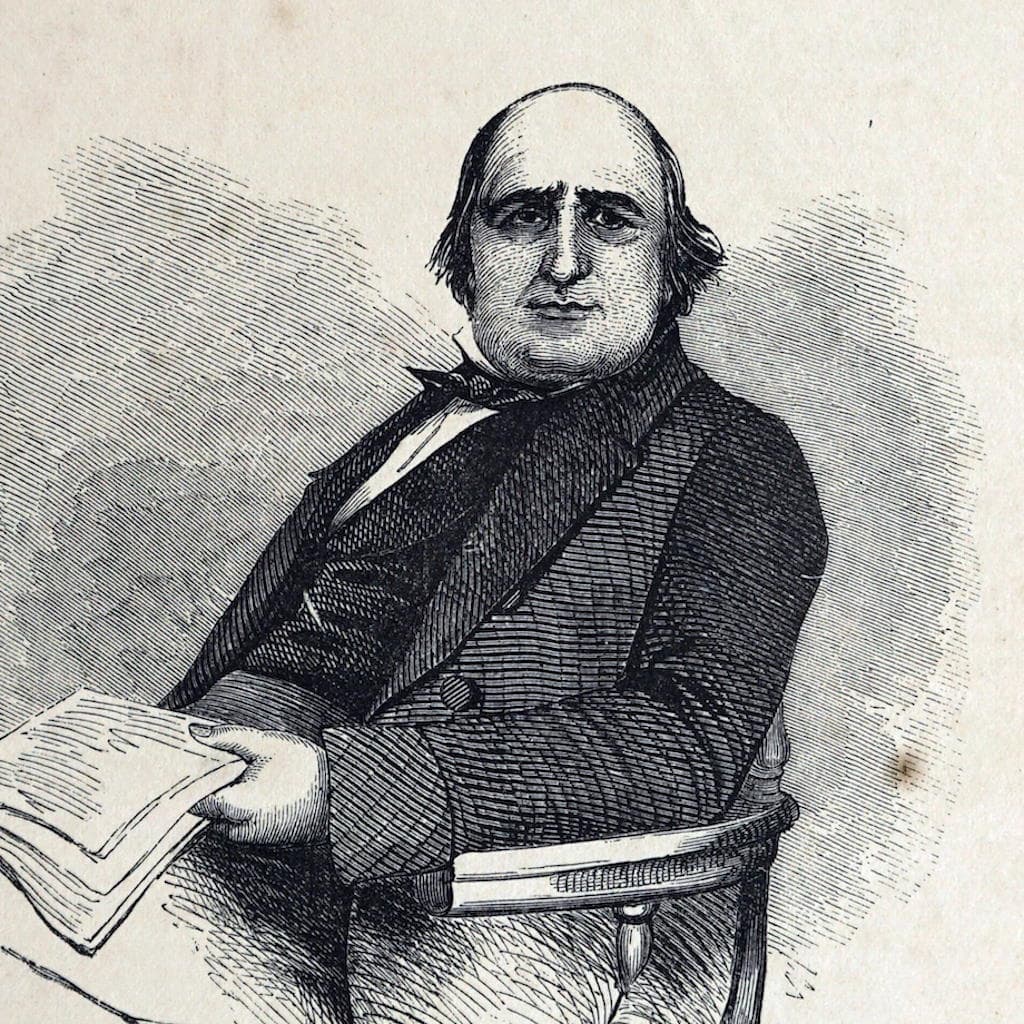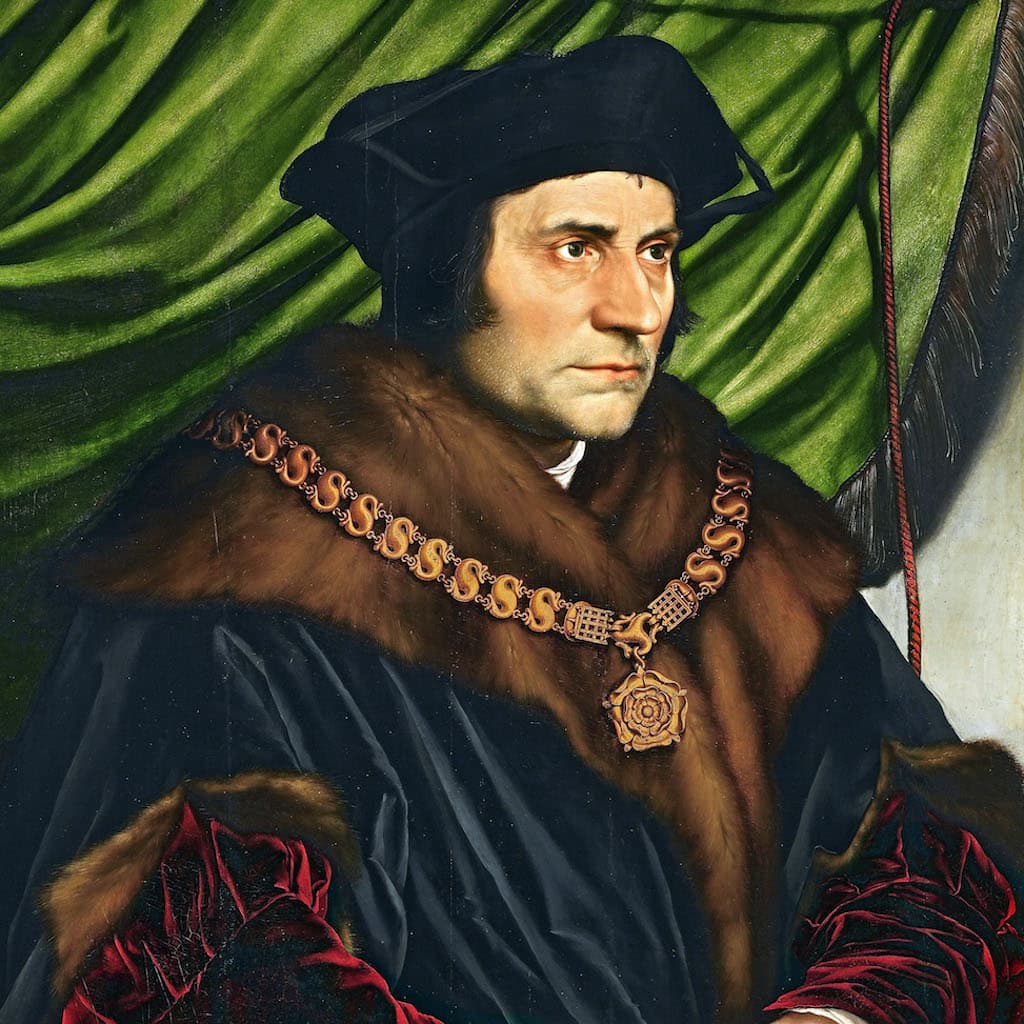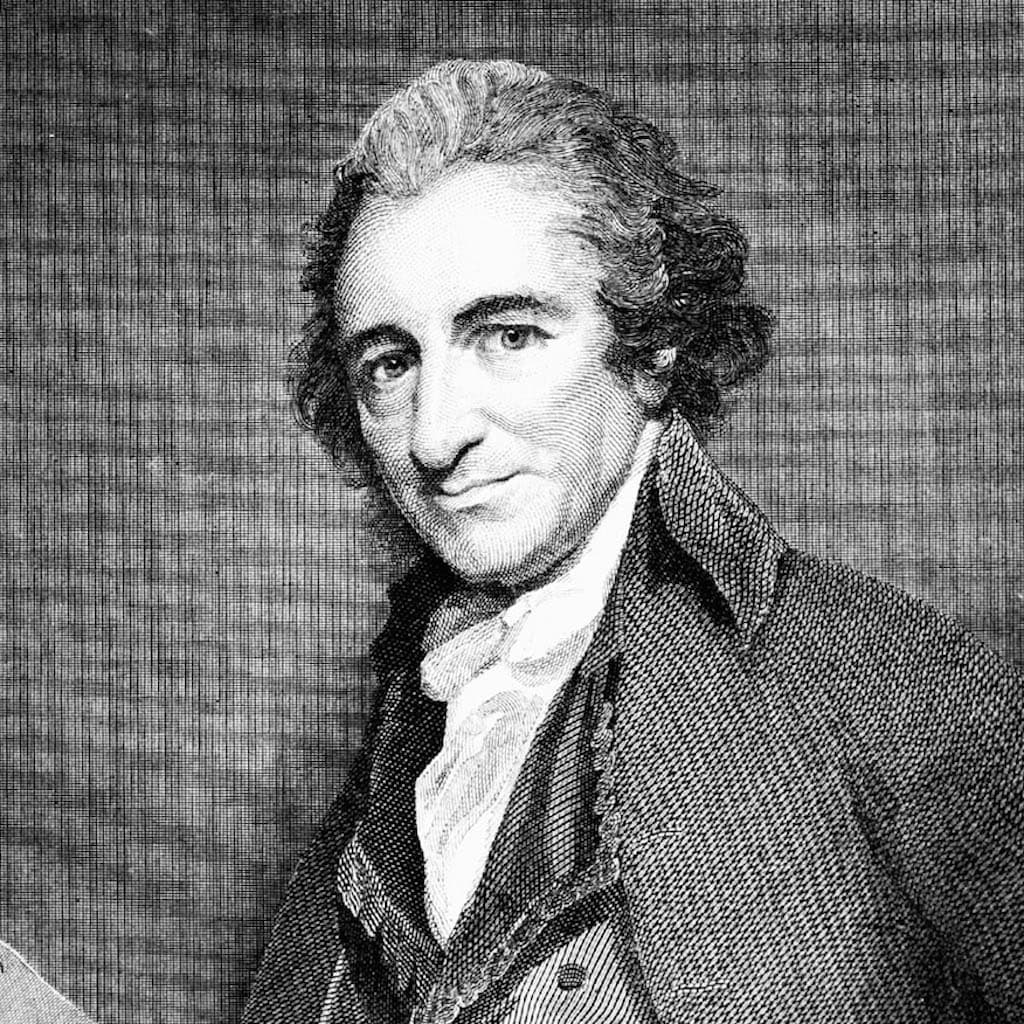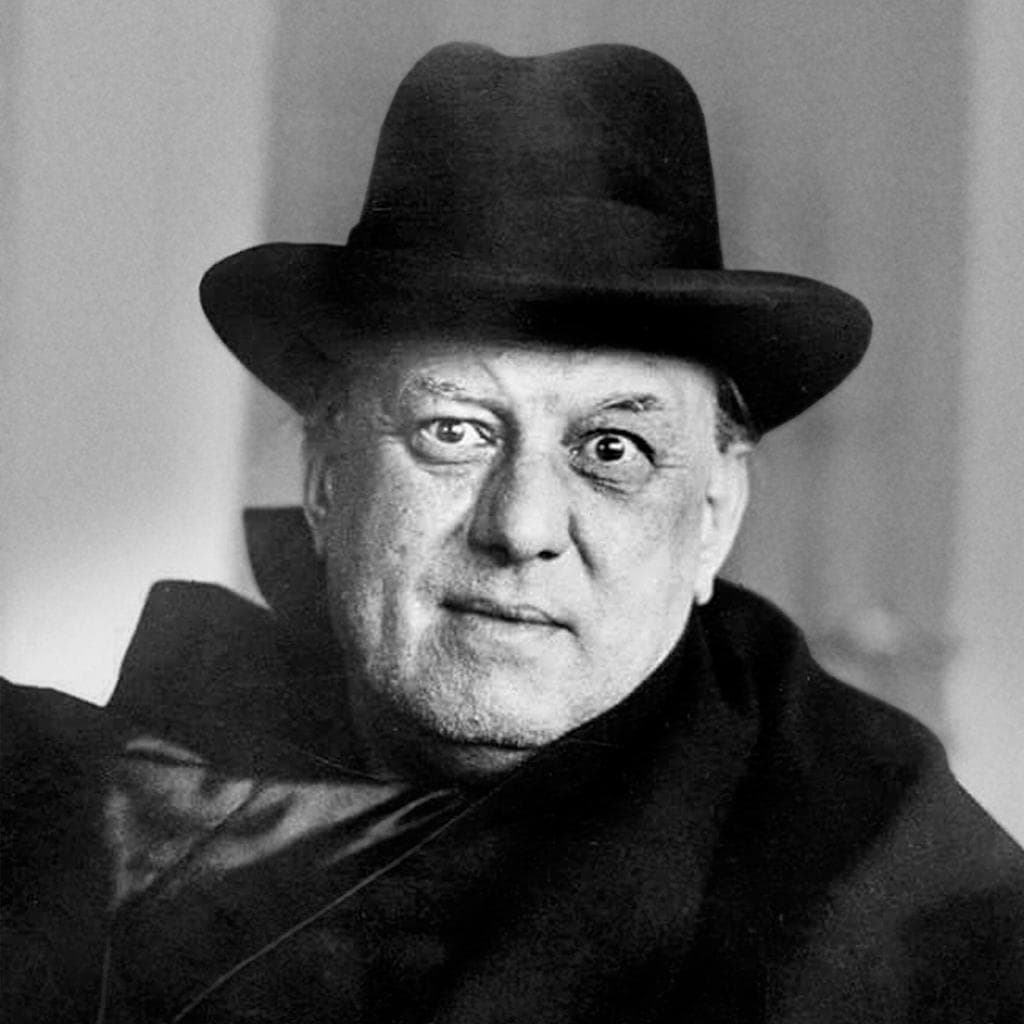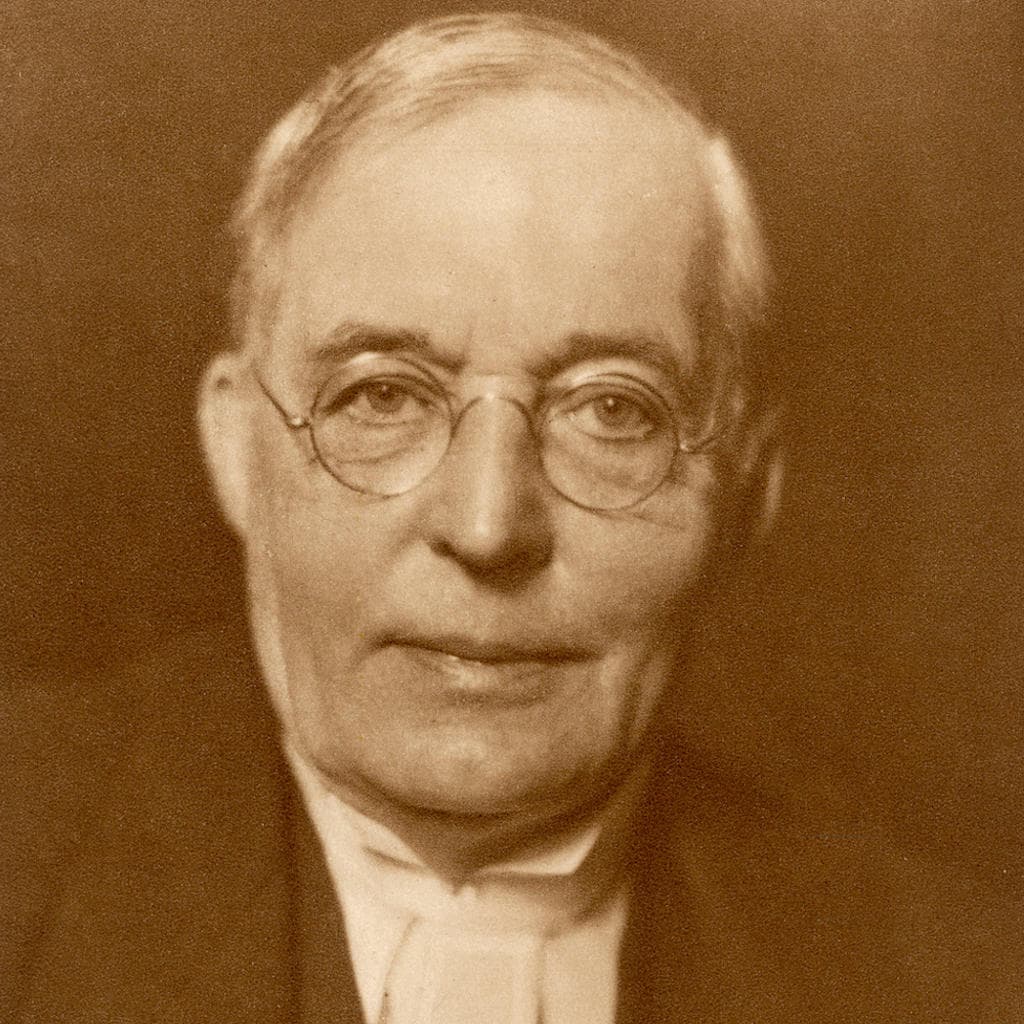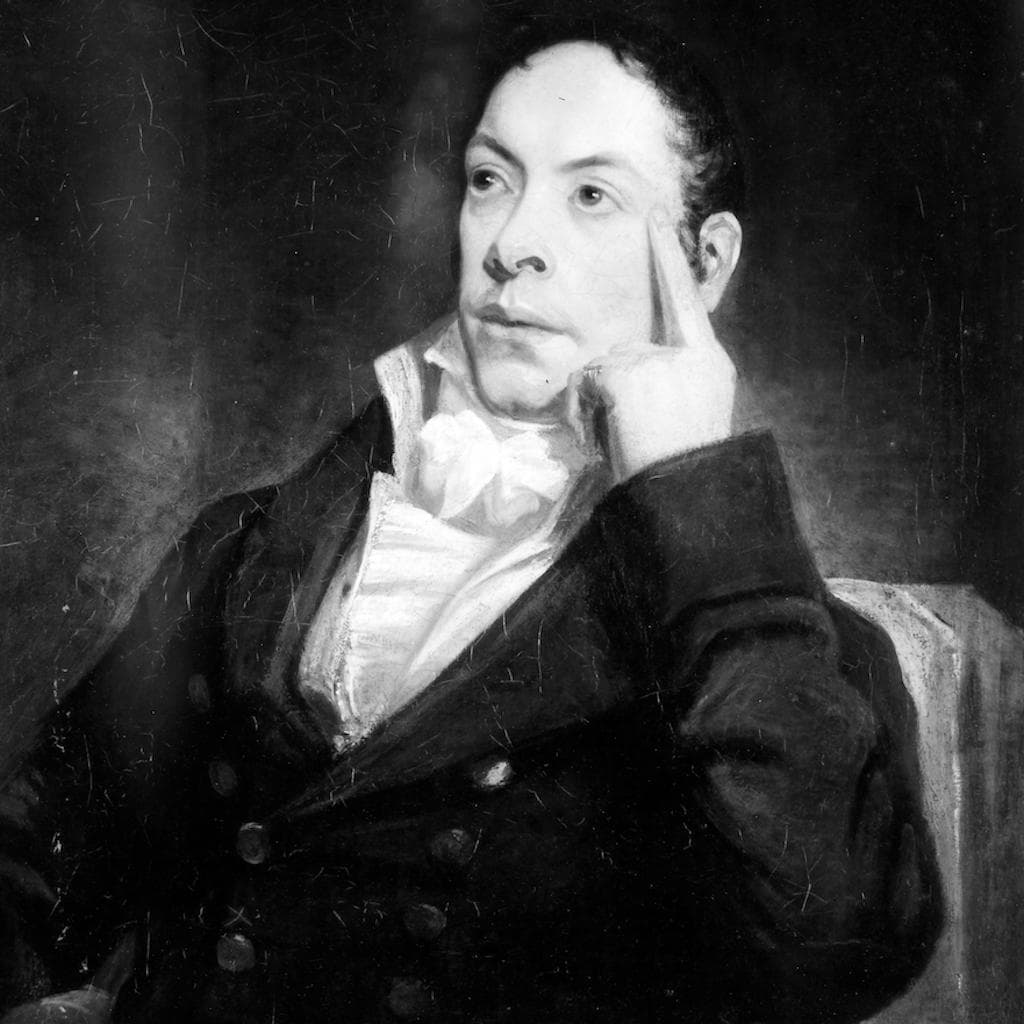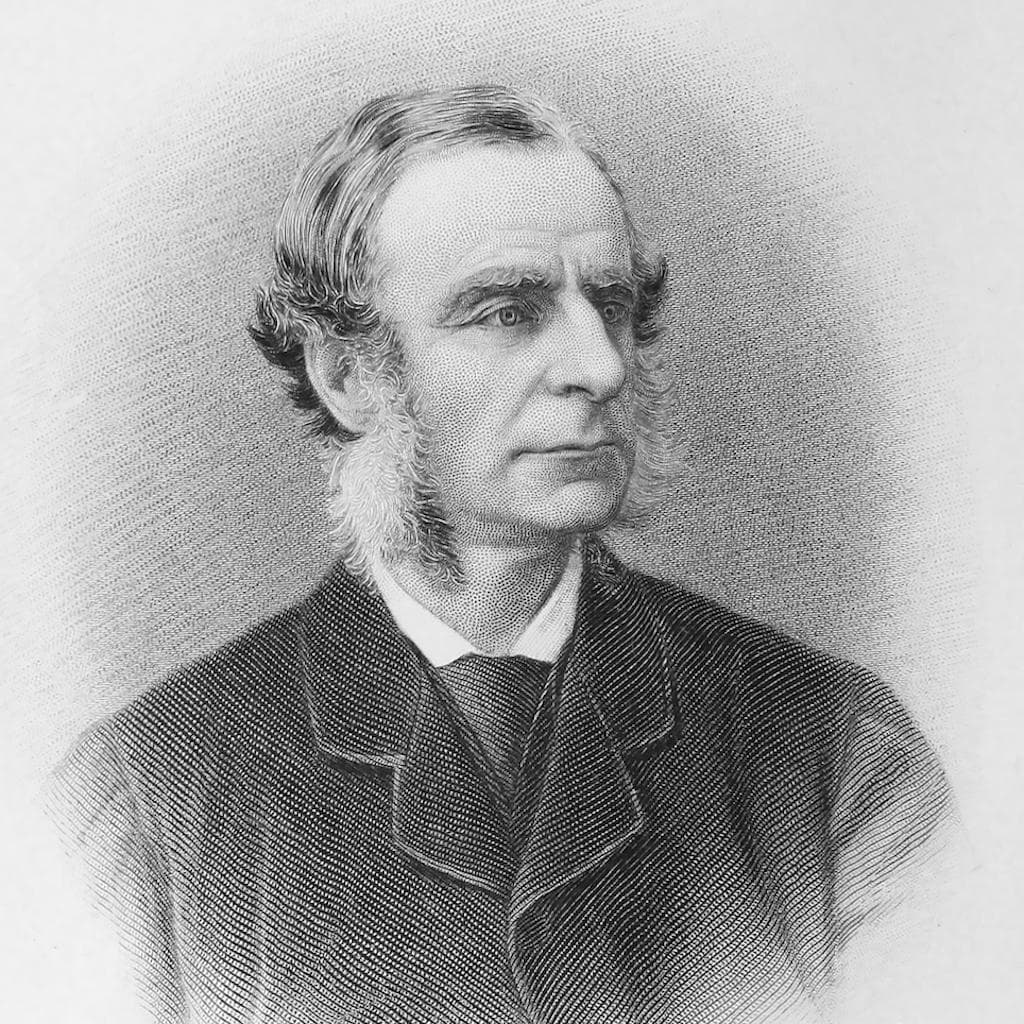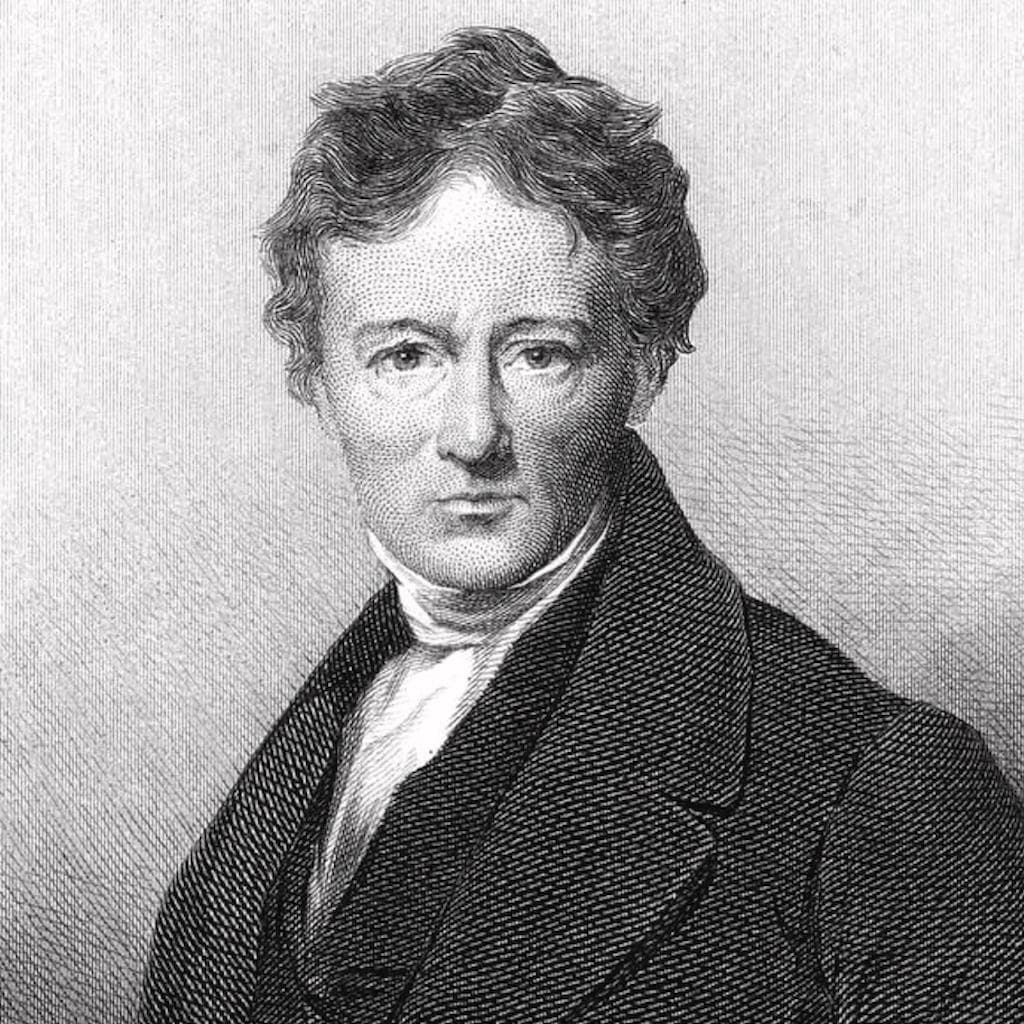BLOG POSTS
Nationality: English
Malory Sir Thomas
The legend of King Arthur and his knights of the Round Table is one of the most enduring and influential stories in world literature, and the principal players, Arthur, Merlin, Guenever and Launcelot need no introduction. ‘Le Morte d’Arthur’ was completed around 1469 -1470, and the most likely author is Sir Thomas Malory of Newbold Revel in Warwickshire
Mayhew Henry
Henry Mayhew (1812 – 1887) was a playright and journalist, and co-founder of ‘Punch’ magazine. He was a social reformer, and wrote a series of articles for ‘The Morning Chronicle’ on the plight of the poor on London’s streets. These were later collected into a book, ‘London’s Labour and London’s Poor’, a detailed and extensive account of life as it truly was on the streets of Dickens’ London.
More Sir Thomas
Sir Thomas More’s ‘Utopia’ is a complex, innovative and penetrating contribution to political thought, culminating in the famous ’description’ of the Utopians, who live according to the principles of natural law, but are receptive to Christian teachings, who hold all possessions in common, and view gold as worthless.
Paine Thomas
Born in Norfolk, Thomas Paine (1737 – 1809) emigrated to the British colonies in America in 1774, in time to support and participate in the fight for American independence. Subseqently, he became involved in the French Revolution, and his book ‘The Rights of Man’ earned the respect of liberals throughout the world, international repute and the ire of the British Government. His popularity suffered a complete collapse with the publication of ‘The Age of Reason’, with its attack on Christianity, and religion in general, although, in time, the book could be seen to reflect the underlying trend in American thought in the eighteenth century, and ‘The Rights of Man’ to define many of the principles of both of the revolutions in whuch he participated.
Crowley Aleister
The sub-title of the latest biography of Aleister Crowley (1875 – 1947), ‘Spiritual Revolutionary, Romantic Explorer, Occult Master – and Spy’, gives something of the flavour of his extraordinary life. Identifying himself with the ‘Great Wild Beast 666’, among his vast literary output was some fascinating short fiction which is gathered together in two Wordworth collections.
James M.R.
M(ontague) R(hodes) James (1862-1936), the son of a Kent curate, enjoyed a glittering academic career, and was acknowledged as a leading authority on medieval manuscripts and biblical apocrypha. By way of diversion, over a period of time he wrote thirty four of what are acknowledged to be the best ghost stories ever written. The passing of time does not lessen their popularity or their ability to chill, and our edition of ‘Collected Ghost Stories’ remains the best-selling book in the series.
Lewis Matthew
Matthew Lewis (1775 – 1818) is an English writer remembered for his novel. ‘The Monk’. Although not totally original, having been influenced by the writings of Ann Radcliffe and Hugh Walpole, ‘The Monk’ has nevertheless maintained its place in the early examples of Gothic horror, shocking its readers, and causing Jane Austen to send it up in ‘Northanger Abbey’.
Kingsley Charles
Charles Kingsley (1819 – 1875) was a Victorian clergyman and writer, whose book ‘The Water Babies’ not only became a classic children’s story, but also a force for social change in the form of improved working conditions for boy chimney-sweeps.
Lamb Charles and Mary
Charles Lamb (1775 – 1834) was an accomplished writer and essayist, best remembered for ‘Tales from Shakespeare’, a rewriting of the plays which made them more accessible for children. He wrote them with his sister, Mary (1764 – 1834), he, the tragedies, she, the comedies.
